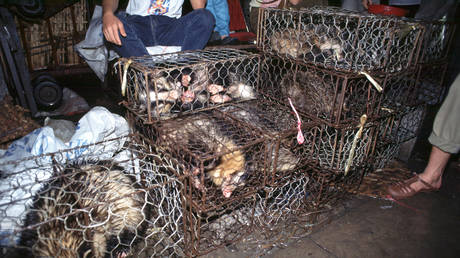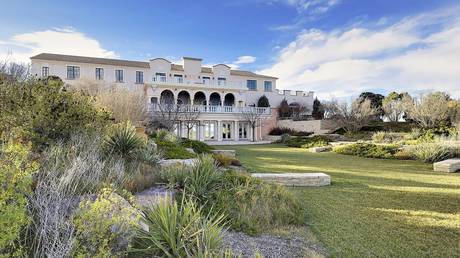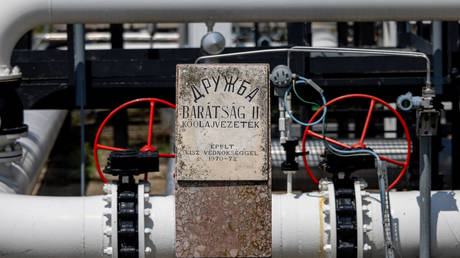
The Chinese city of Wuhan, where the deadly coronavirus was first detected, has imposed a strict ban on wildlife trade. Despite the lack of proof, a local animal market has been widely regarded as the source of the outbreak.
The wildlife trade ban will be in place for five years, according to a document published by Wuhan’s municipal government on Wednesday.
From now on, consumption of all wild animals is off-limits in the city, which is the capital of Hubei province. Selling wild animals and breeding them for food has been banned as well. Moreover, the city’s territory has been labeled a wildlife sanctuary, and even hunting wild animals without a valid reason – such as scientific research – has also been prohibited.
The move comes shortly after at least four Chinese provinces, including Hubei, mulled plans to buy out farms that breed wild animals for food, as well as proposing other aid schemes for people living off the wildlife trade. Earlier this year, China’s central government imposed a temporary ban on wildlife trade and consumption, yet the industry largely returned to business last month.
A wet market in Wuhan, where live animals are sold for food, has been widely regarded as ground zero for the deadly pandemic that has killed over 325,000 people worldwide. In particular, there has been speculation that an exotic animal connoisseur procured a sick bat from the market and devoured it, inadvertently kicking off the Covid-19 plague. No actual evidence to back up such theories has emerged, however, and scientific studies have cast even more doubt on the claims.
While China has managed to control the country’s coronavirus outbreak, Covid-19 continues to spread across the world, with close to five million cases. The US is the worst-affected nation, with some 1.5 million registered infections and over 93,000 deaths.
Think your friends would be interested? Share this story!




